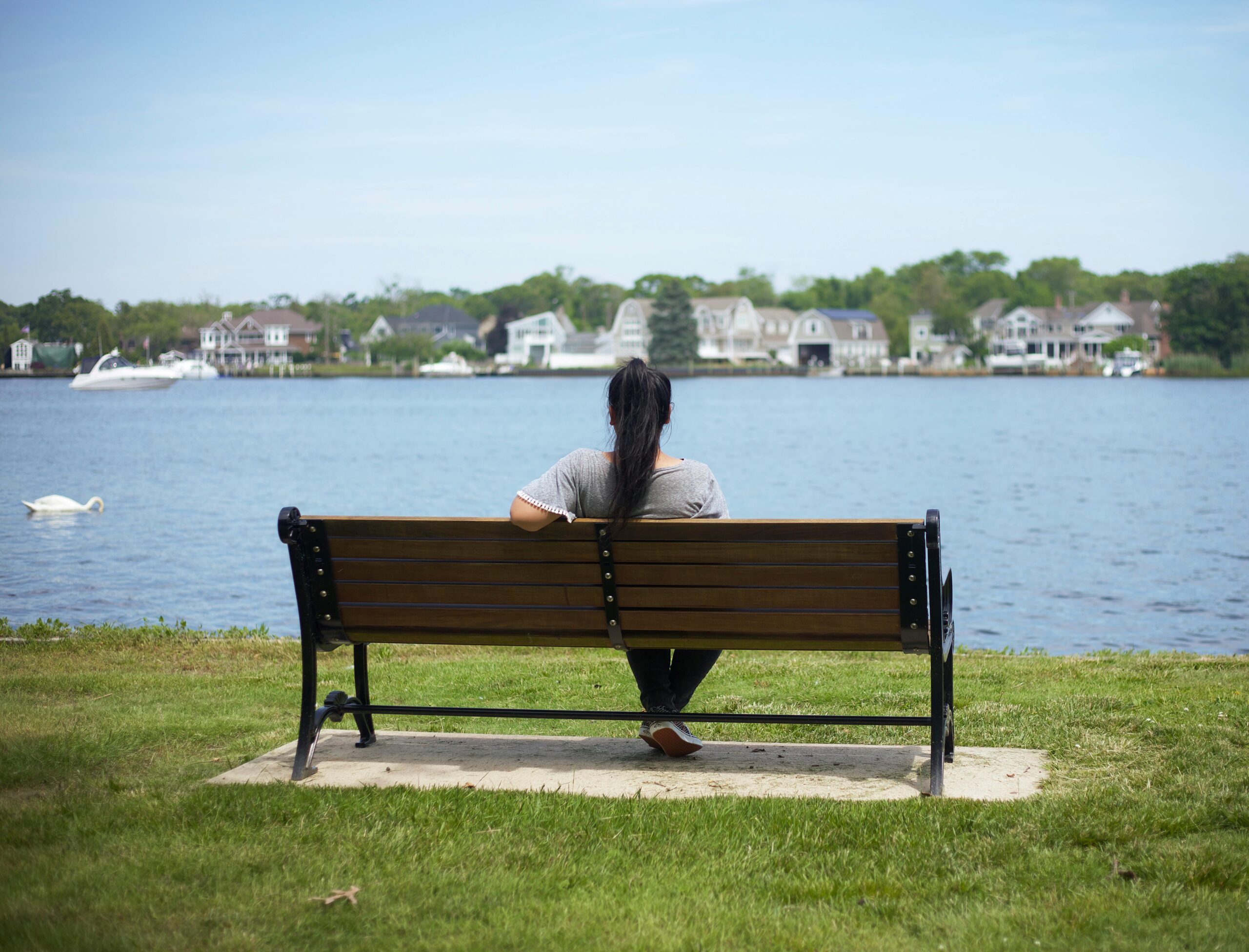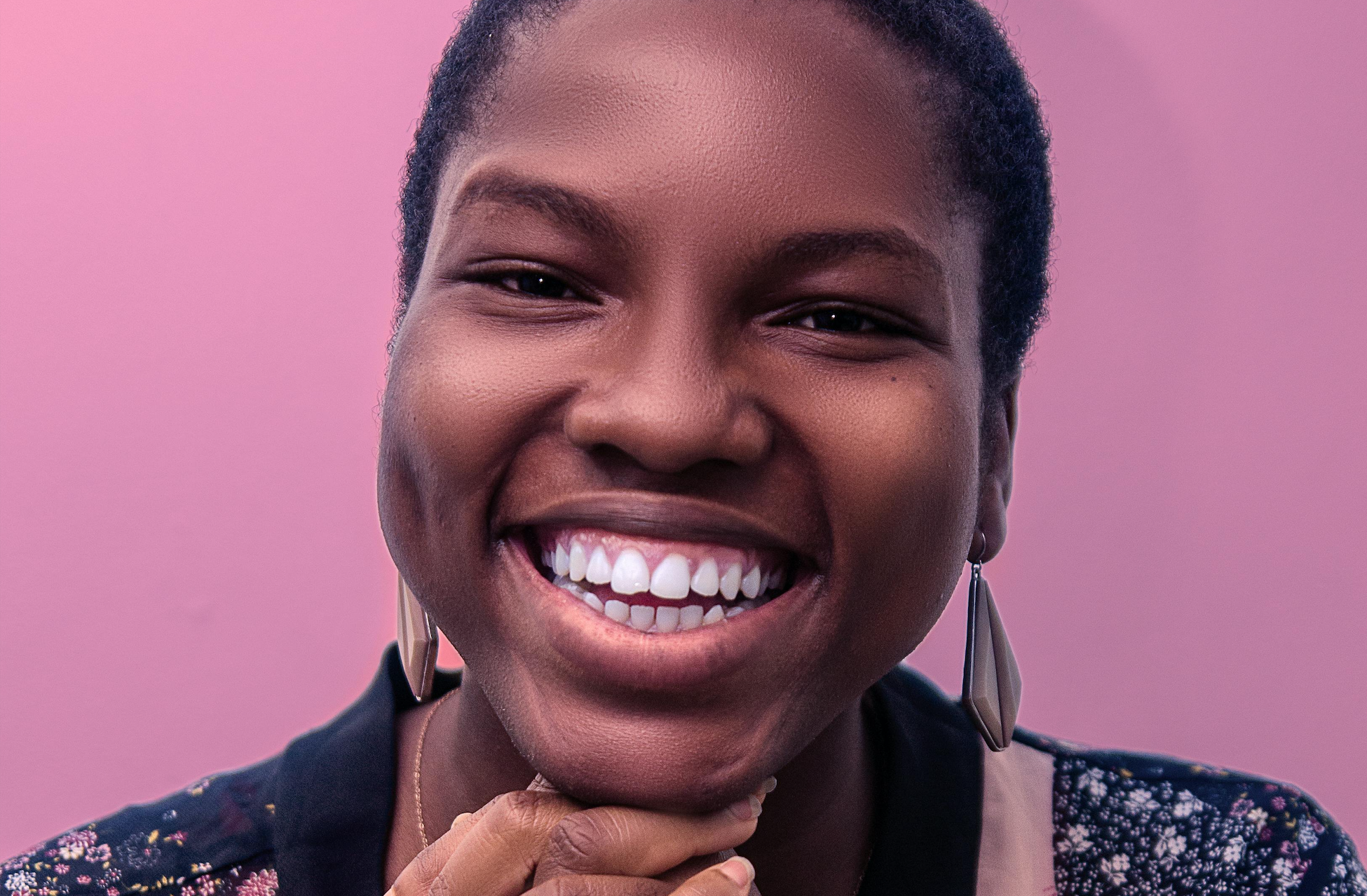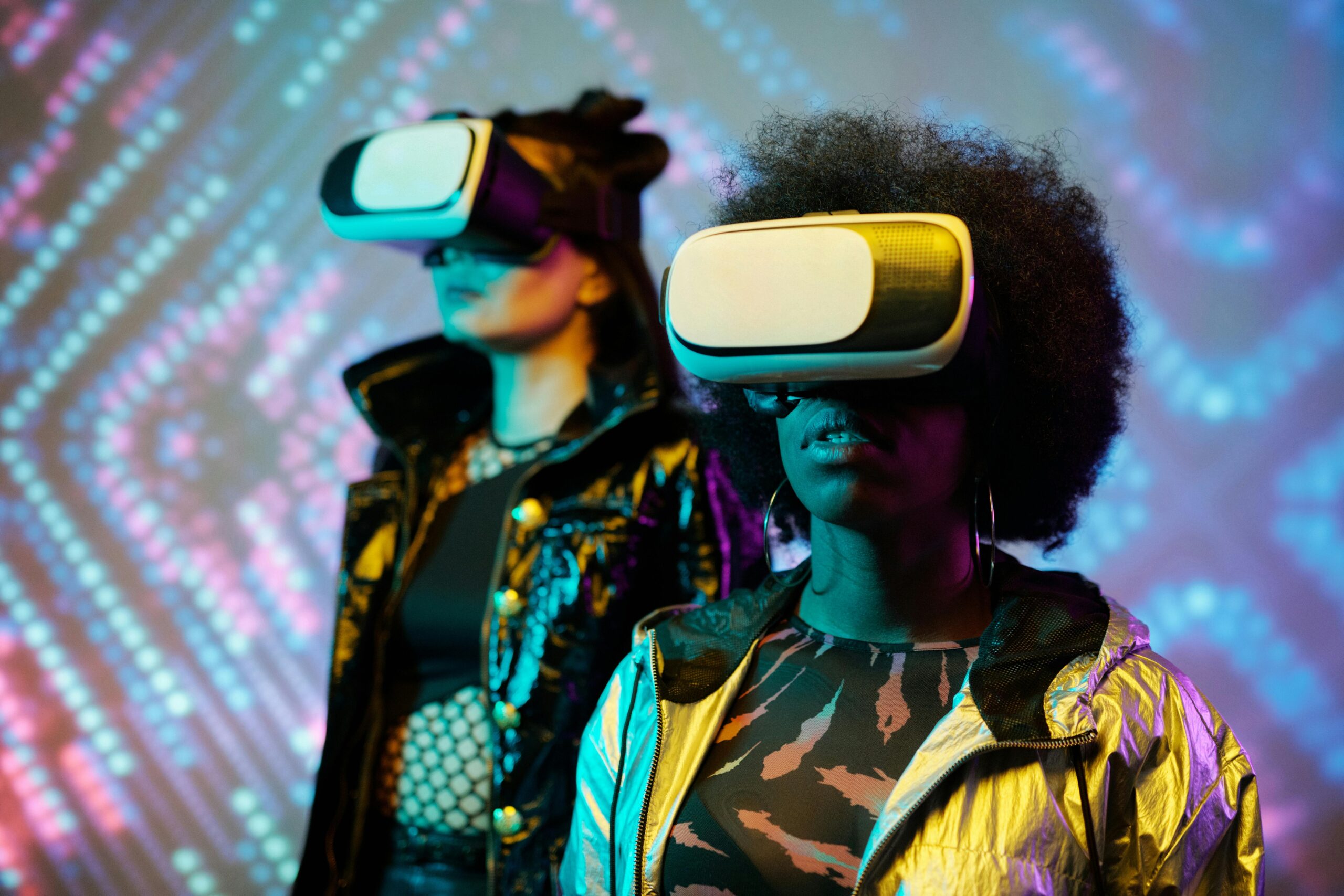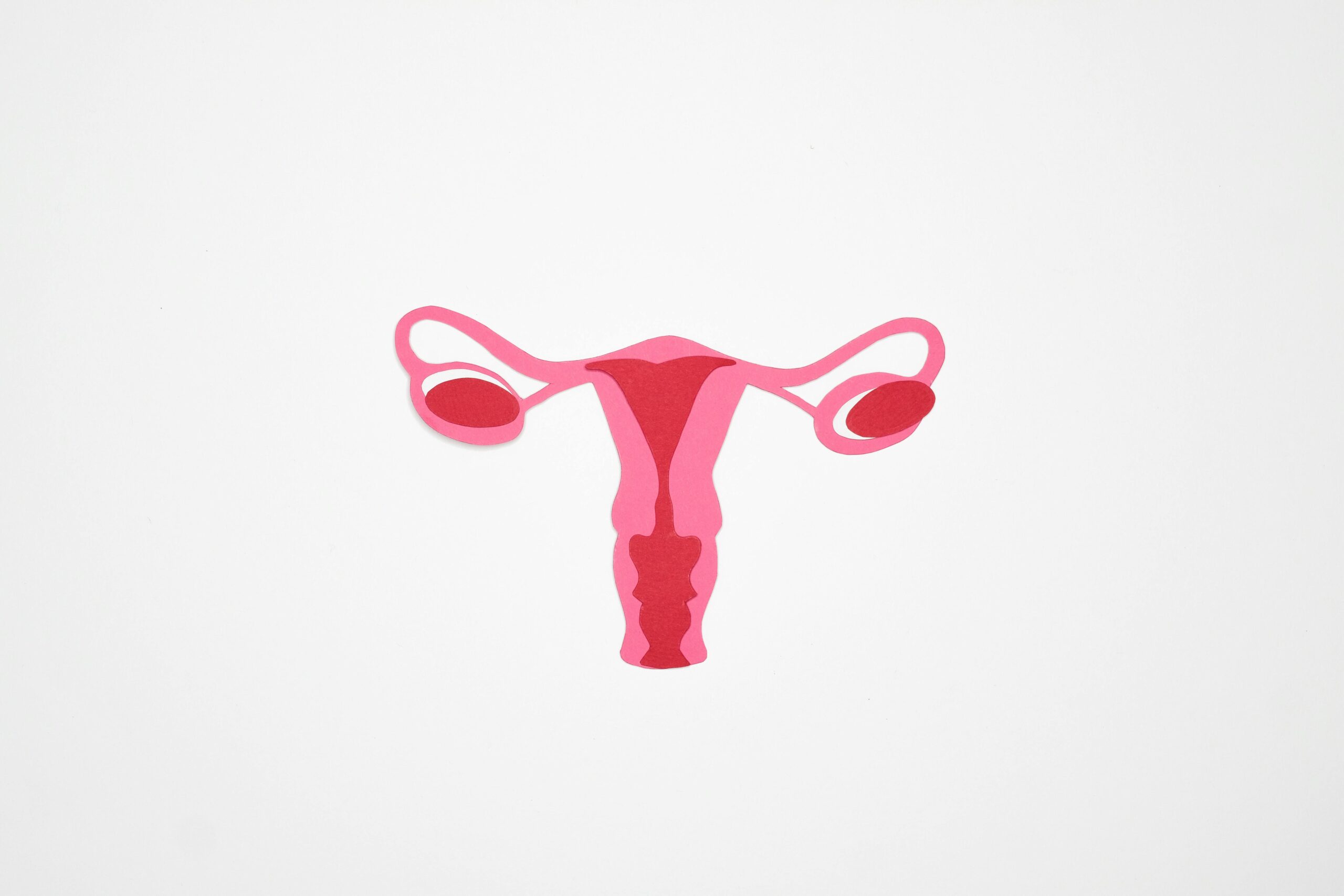
We’ve all had those mornings when we’ve rolled out of bed, jumped in our cars and sat down at our desks feeling completely and utterly exhausted. For some of us, it might be because of neighbors inconveniently choosing to have an impromptu house party on a Wednesday night, or that one evil mattress spring digging into your shoulder blade; while for others it might be something as simple as not being able to take your mind off that big work meeting the next day. You’re counting down the hours till you have to be stood in front of your colleagues, pointing at a presentation with no idea what you’re actually talking about. Whatever it may be, it is fair to say that sleep disruption and deprivation can be a real issue.
A genuine problem
The fact that this is a genuine problem for many is perhaps surprising considering how our knowledge of the importance of sleep has evolved through the years.
Furthermore, there have also been major developments in terms of the technology designed to help us rest easy, with an array of gadgets and tools created to support us when it comes to sleep. For example, the Casper Mattress has been specifically created to ensure everybody gets to end the day in a comfortable bed and enjoys an undisturbed night’s sleep every time. The famous ‘bed in a box’ company works on delivering a high standard of quality mattress that helps to improve and maintain a consistent sleeping pattern and overall healthy mind and body. The specially designed memory foam mattress is made to relieve postural pressure and support you while you sleep. The company is even regarded as the best mattress retailer available on the market by experts such as Which.
However, while all of these innovations and quality mattresses are undoubtedly saving us from pesky springs and bad backs, so many of us still struggle to relax on an evening. Fortunately, several recent studies have been looking into the issue, and they could well provide some clues as to how we can take steps towards a better night’s sleep.
Does coffee stop sleep?
If you’re a smoker or someone who enjoys the occasional drink or two, recent research by Florida Atlantic University could make for a particularly interesting read. Experts from the institution recently undertook a major study involving more than 700 people from an African American cohort to see how the use of alcohol, caffeine, and nicotine could ultimately impact on sleep – with some of the findings proving to be quite surprising.
The study published in the journal, Sleep, did not find a link between the consumption of caffeine within four hours of bedtime and sleeping problems. This is despite the fairly traditional idea that drinking coffee will ultimately keep you awake at night.
In contrast, the study found that consumption of alcohol or smoking within the same four-hour period led to worse sleep continuity than on evenings without those substances. Nicotine was found to have the biggest impact in fact, with nightly use being linked to a reduction in sleep duration of about 40 minutes among those with insomnia.
Social media’s impact?
Another recent study reported on by the BBC examined the use of social media among teenagers but did also provide some interesting insights regarding how the likes of Facebook and other platforms may be affecting our efforts to sleep.
The UK research involved more than 12,000 teenagers in England and found there was a definite link between social media use and mental health, with the negative effects among young girls found to be as a result of disrupted sleep, cyber-bullying issues and lack of exercise. Essentially, while social media may not be directly having an impact on youngsters, the study suggested it could be ultimately affecting other activities – including how much time they are resting or taking a break from their online world.
As mentioned, the study was based on young people, but it does raise a potential question that other age groups should consider. For instance, whatever age you are, could your use of social media ultimately be impacting on your efforts to get a substantial night’s sleep?
A question of attitude
Perhaps the most intriguing of the recent studies into the world of sleep, however, is one undertaken by the University of Illinois. Why? Because it has suggested that our attitude could ultimately be key to how we sleep.
As Women’s Health outlines, the research examined the habits of more than 3,500 people by asking them to regularly complete a survey on their sleep and also consider how positive they generally are. The study revealed that those who were found to be optimistic tended to be more content with their sleep and were less likely to report having issues with insomnia or general tiredness.
The conclusion? That maybe we will achieve a better night’s sleep simply by changing our attitude and being more optimistic in our general outlook. Of course, this is not an easy task to complete and for many could require extensive work. Some would suggest starting with some good old-fashioned self-reflection and to maybe begin introducing practices such as yoga and mindfulness into your daily routine.
Fascinating insights
The studies outlined above undoubtedly raise some fascinating issues and provide an insight into some of the factors that could ultimately be affecting how many of us sleep. If you’re someone who has struggled with sleep in recent weeks or months, perhaps you could consider whether any of the issues highlighted above may be affecting your efforts to get some much-needed rest.
So many of us live incredibly busy lifestyles these days, which means that getting the right amount of rest, awake or otherwise, could be more important than ever before.

















